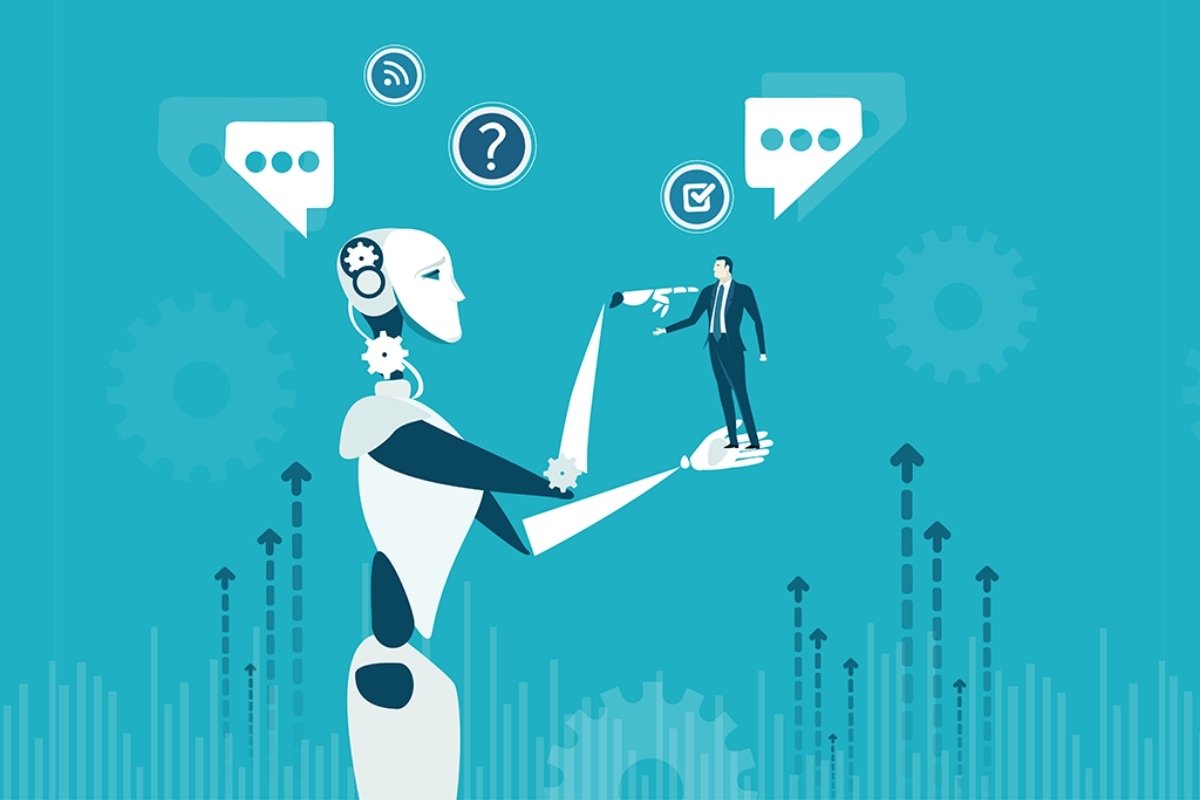The integration of technology with the human brain is no longer the stuff of science fiction. Neural implants are emerging as a groundbreaking innovation, promising to enhance cognitive abilities, restore lost functions, and revolutionize human-machine interactions. As we enter this new era, the implications of neural implants extend far beyond medical applications, touching fields such as artificial intelligence, communication, and even human evolution.
1. Understanding Neural Implants
Neural implants are electronic devices surgically placed in the brain to interact with neural activity. These implants can stimulate, record, and modulate brain signals, offering significant potential for both therapeutic and enhancement purposes.
Types of Neural Implants:
- Brain-Computer Interfaces (BCIs): Enable direct communication between the brain and external devices.
- Deep Brain Stimulation (DBS): Used to treat neurological disorders like Parkinson’s disease.
- Memory Enhancement Implants: Assist in memory recall and cognitive processing.
- Sensory Implants: Restore vision, hearing, or touch through artificial stimulation.
2. Medical Applications and Benefits
Neural implants have already shown transformative potential in medicine, particularly for individuals with neurological disorders and disabilities.
Key Medical Uses:
- Restoring Motor Function: Assisting patients with paralysis through neuroprosthetics.
- Treating Epilepsy: Implants can detect and prevent seizures.
- Mental Health Treatment: Offering new ways to treat depression, PTSD, and anxiety.
- Sensory Restoration: Advanced cochlear implants and retinal prosthetics help regain lost senses.
These applications highlight the immense potential of neural implants in improving quality of life and restoring lost functions.

3. Enhancing Human Abilities
Beyond medical applications, neural implants have the potential to enhance human capabilities in unprecedented ways.
Possible Enhancements:
- Cognitive Augmentation: Improved memory, faster learning, and enhanced problem-solving.
- Seamless Communication: Brain-to-brain or brain-to-machine interactions eliminating language barriers.
- Extended Reality Integration: Direct interfacing with virtual and augmented reality.
- Human-AI Symbiosis: Merging human intelligence with artificial intelligence for exponential growth in cognition.
These advancements could redefine what it means to be human, leading to debates on ethics and accessibility.
4. Challenges and Ethical Considerations
While neural implants hold immense promise, they also raise ethical, security, and societal concerns.
Major Challenges:
- Data Privacy and Security: Potential for hacking and unauthorized access to brain data.
- Ethical Dilemmas: The divide between those who can afford enhancements and those who cannot.
- Psychological Impact: The consequences of merging human consciousness with machines.
- Regulatory Hurdles: The need for policies to ensure safe and ethical implementation.
Addressing these concerns will be crucial in ensuring that neural implants benefit humanity as a whole.

5. The Future of Human-Machine Symbiosis
As research progresses, the integration of neural implants with AI and other emerging technologies will shape the future of human-machine interaction.
What Lies Ahead?
- Wireless and Non-Invasive Implants: Making the technology more accessible and safer.
- Mass Adoption: Transitioning from medical use to widespread consumer applications.
- Full AI Integration: Creating a seamless link between human intelligence and artificial intelligence.
- Ethical Frameworks: Establishing global standards to govern neural implant technology.
The future of neural implants is one of limitless possibilities, where humans and machines coexist in ways never before imagined.
Neural implants represent the next frontier in human evolution, blending biology with technology to create a new era of human-machine symbiosis. While challenges remain, the potential benefits in medicine, communication, and cognitive enhancement make this a field worth exploring. As we move forward, it is essential to balance innovation with ethical considerations to ensure a future where neural implants empower humanity rather than divide it.


